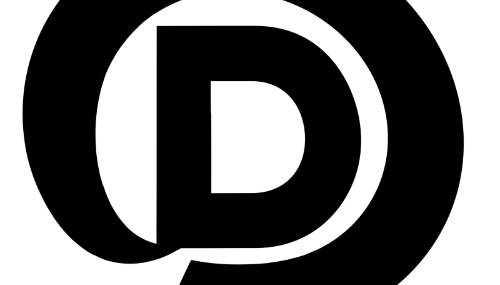How the next European Commission can improve its defence of democracy
Given the results of the European elections, the EU should urgently improve its defence of democracy. Today, 16* civil society organisations sent EU Commission President Von der Leyen the following letter:
Dear President Von der Leyen,
In your bid for a second mandate as President of the European Commission, you vow to ‘defend democracy from those who seek to destroy it’. As 15 civil society organisations working on democracy and related matters, this is music to our ears. Assuming you are not making an empty election promise, we have some concrete suggestions for how your next Commission can better defend democracy.
First of all, the European Commission needs a dedicated Vice-President for Democracy, supported by a Directorate-General (DG) for Democracy. Currently, democracy is all over the place: the Secretariat-General, DG Justice and Consumers, DG CONNECT and the European External Action Service. For more focus, more coordination and to overcome silo-thinking, we need a dedicated Vice-President with a dedicated DG to connect the dots between foreign, domestic and technological threats to democracy. In particular, media policy, rules on political party financing, political foundations and elections should be consolidated with the Defence of Democracy package in one DG.
Secondly, we urgently need to create an independent EU Democracy Fund. We acknowledge the significant sums that have been invested in democracy across Europe through several EU programmes, but this support needs to be simplified, broadened, strengthened and unified under the new DG Democracy. If the EU wants to protect its founding values while increasing its strategic autonomy, European civil society cannot depend on a decreasing number of democratic governments and the whims of a few American billionaire donors. Therefore, the EU should substantially increase its funding in a dedicated democracy fund. This EU Democracy Fund should have a light-weight, Erasmus-style bureaucracy and give NGOs a margin for investment, reserves and opportunity costs for failed funding bids. Besides budget from the MFF, a modest percentage of the European Investment Bank’s interest revenues could fill the fund.
Third, the time to invest in democracy is now. If there is one lesson that EU leaders should learn from Ukraine, it is that democracy is closely linked to security. Supporting democracy abroad and defending it at home is security policy. Investing in stronger democracy, societal resilience and civil preparedness for Russia’s hybrid – or even conventional – warfare is not charity; it is investing in our security.
We would welcome a meeting to discuss your plan to defend democracy and our suggestions.
Sincerely, Defend Democracy
* co-signatories
Albanian Media Council
Democratic Society
digiQ
Elbarlament
European Association for Local Democracy
Fair Vote UK
Faktabaari (Avoin yhteiskunta ry)
Green European Foundation
Institute for Strategic Dialogue (ISD)
#jesuislà
MEMO 98
Netherlands Helsinki Committee
Netherlands Institute for Multiparty Democracy
Open Lithuania foundation
Unhack Democracy
Defend Democracy, 10 June 2024

